Public health
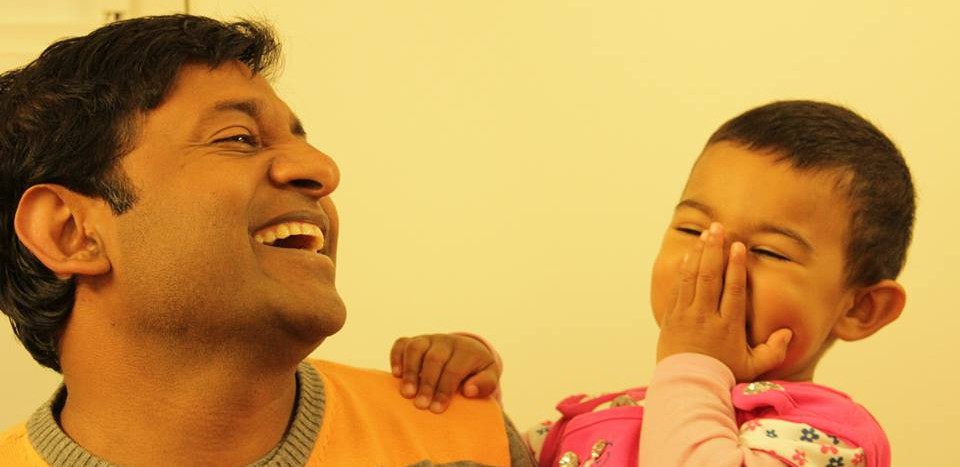
Challenge
Children and youth need free time and play to develop creativity, imagination and social skills. Hence, free time and play are child rights. In Bangladesh, children and youth face a very high study pressure. Parents dream their children will become doctors, lawyers or engineers, and expect them to get top grades in all subjects. Memorizing facts is commonly seen as the only way to learn, so parents, often with little to no education, force their children to study non-stop the entire day.
The dominant view in Bangladesh is that children need to be controlled by physical and humiliating punishment, and that learning equals rote learning through which children are obedient, quiet, and submissive and they continuously study and do not play2,3,4,5,6,7.
Hence, 73% of Bangladeshi parents justify punishment when they find their children play too much1. Most children and youth do not get time to play and relax, and especially girls lack safe spaces to do sports and play.
In addition, many children and youth in Bangladesh face strong pressure to
- obey their parents, teachers and authorities
- marry early, have children and be good housewives who take care of their in-laws
- gain high social status and show a perfect facade
- secure socially respected jobs with high salaries
- have the latest technology
- look handsome and pretty
This pressure, coupled with lack of awareness about how to maintain good mental and physical health, and lack of opportunities to play and have free time, often have negative consequences.
Poor hygiene and nutritional intake, often due to lack of information and economic poverty, also cause health challenges. In addition, lack of garbage bins and awareness about the important of waste management, makes people throw their garbage in the streets.
Our response
We view physical and mental health holistically. We create a safe space to talk about this in EDS, so we all realize we are not alone, and when we stand together, we feel stronger. We encourage to listen with curiosity and compassion and to be present and non-judgemental. We mentor our children and youth to realize and use their inner resources, find solutions to own problems, be courageous to take decisions and act. When they solve their own problems and improve their own situation, they feel mastery and empowerment.
We also cultivate an environment of joy where we do not label anything a failure. Everything is an experience to learn from and as long as we learn, we develop.
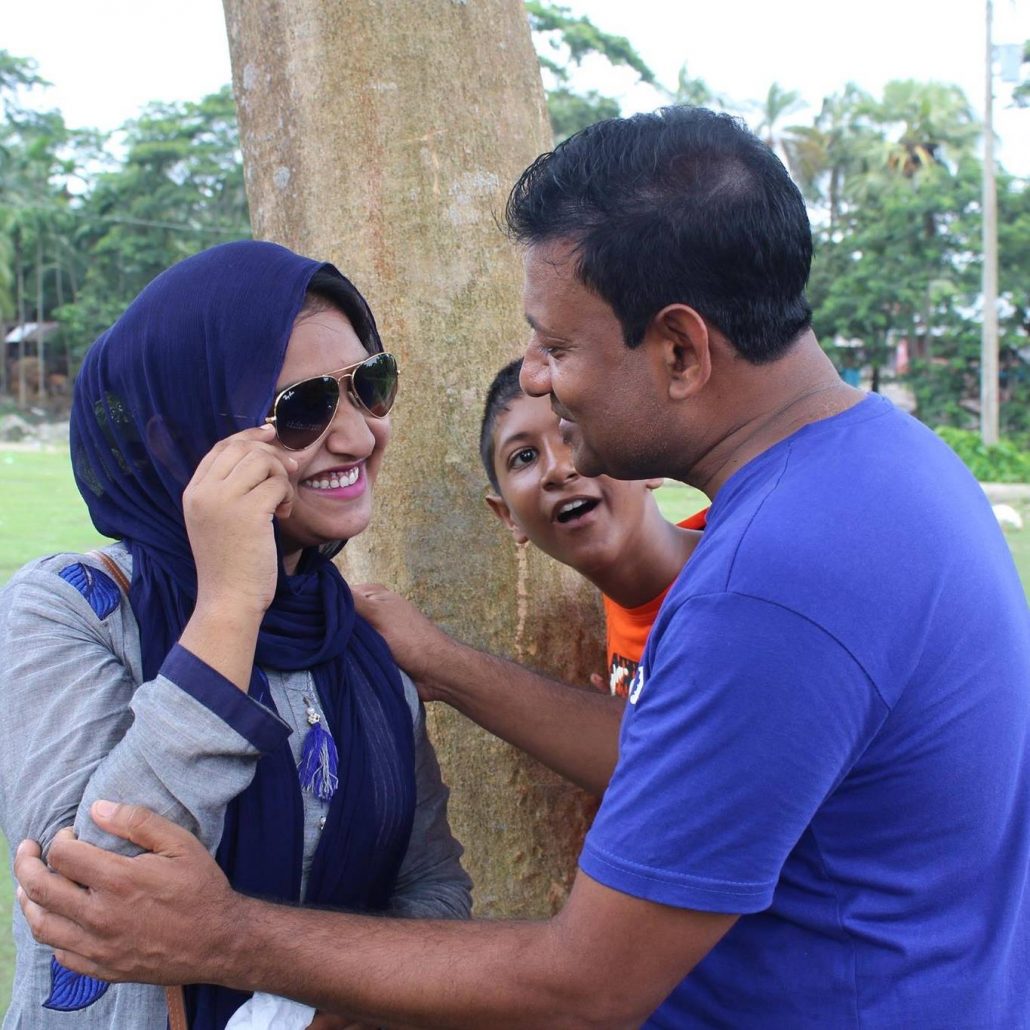
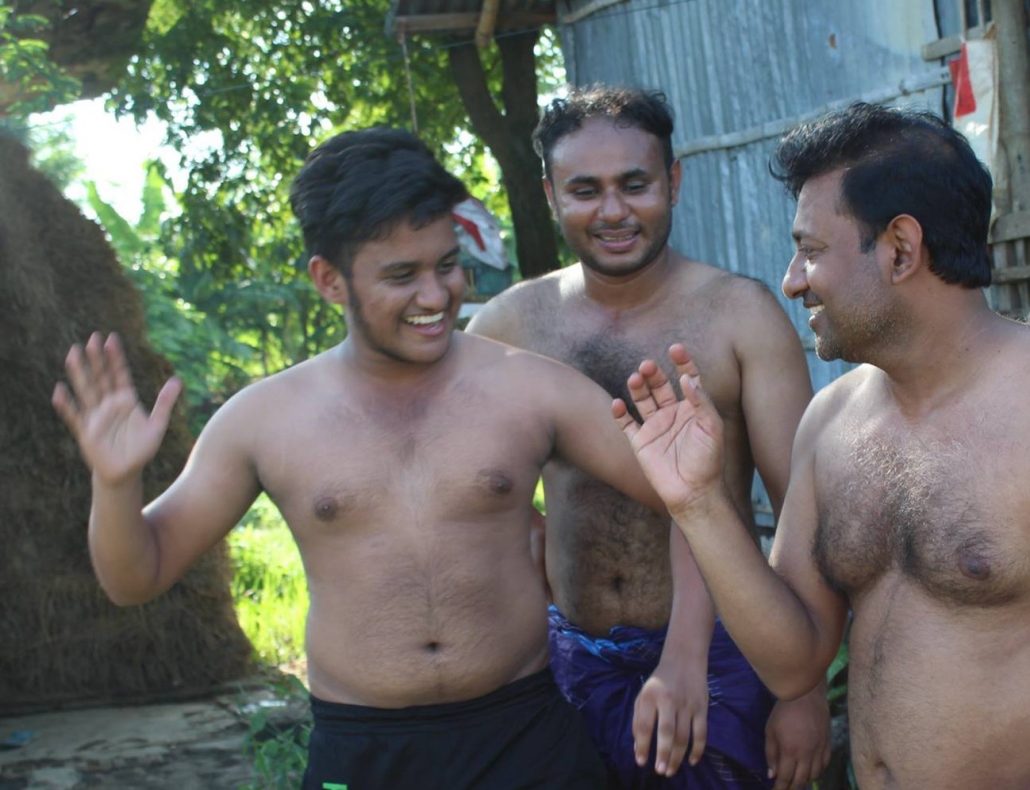
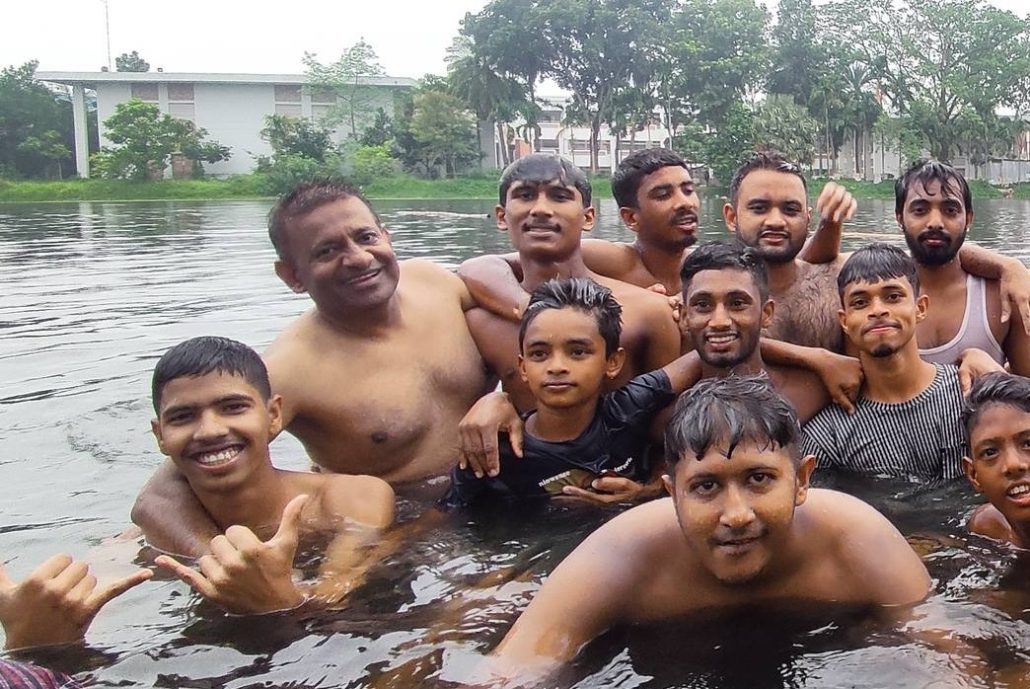
Making fun, laugh and developing trust
Our children and youth raise awareness of mental and physical health through dialogues, giving information and mentoring as well as though sports, play and social activities like cultural evenings and picnics with their EDS students. This way, they build bonds and create a psychologically safe environment.
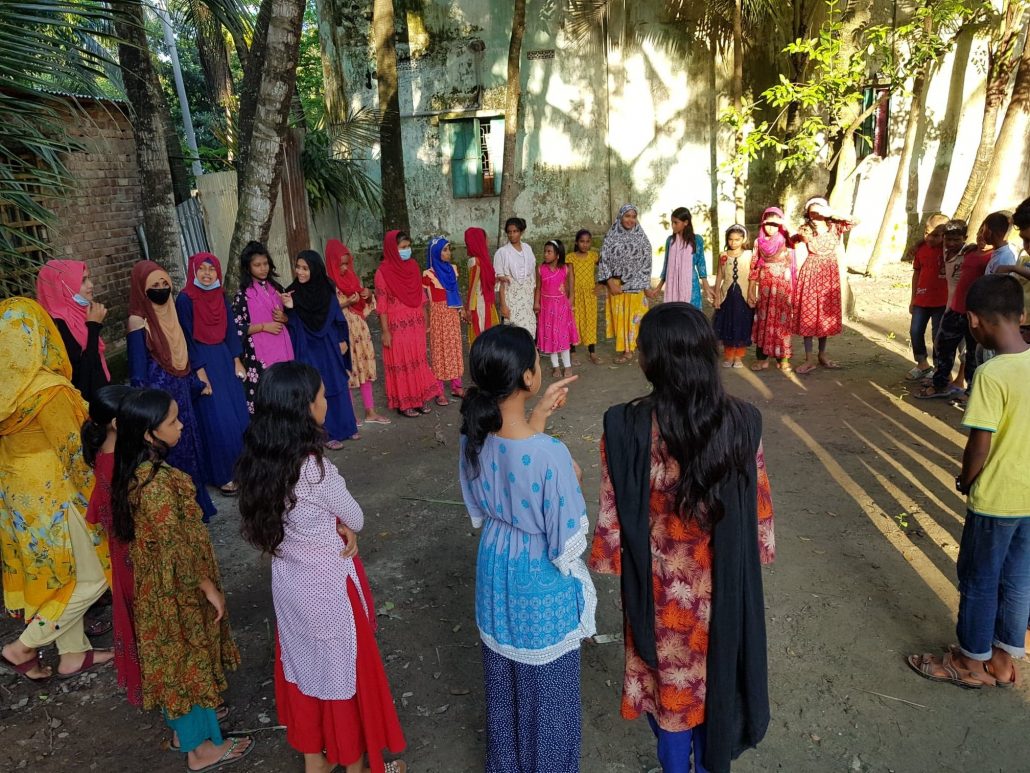
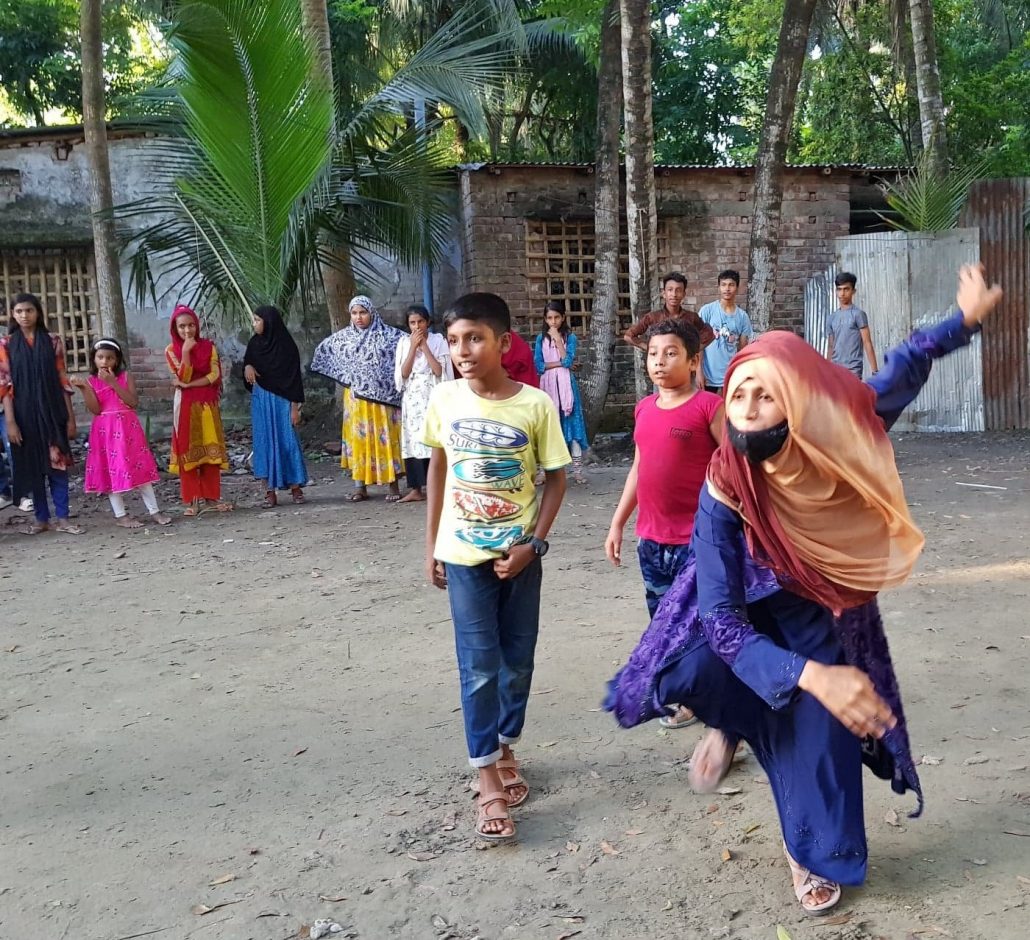
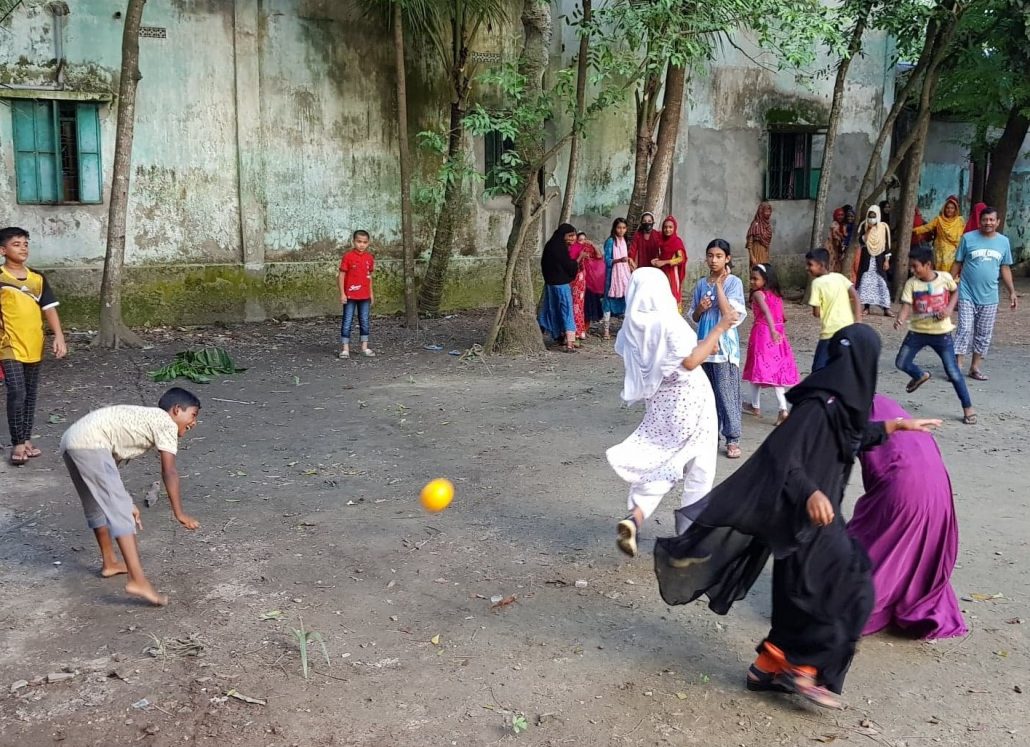
We have games and sport equipment in EDS, so the children and youth prefer to be there in their free time instead of going places where they risk being recruited to illegal activities. We mentor the EDS teachers to teach in ways that facilitates learning through movement, play and engaging all senses and feelings.
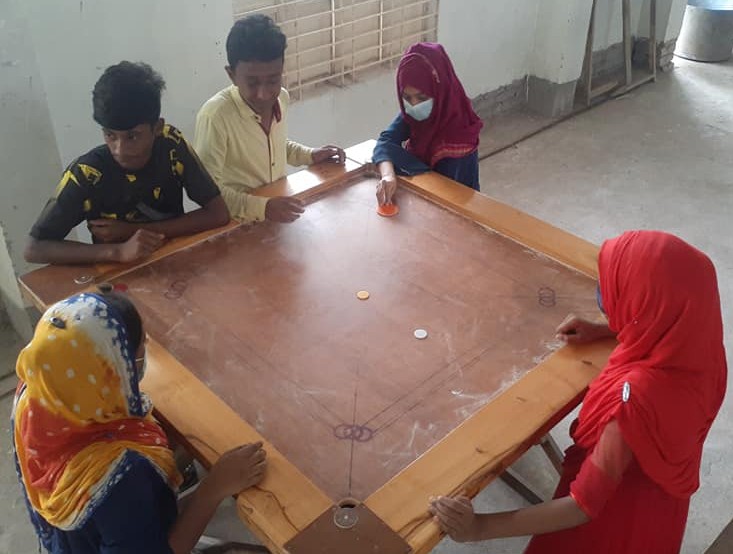
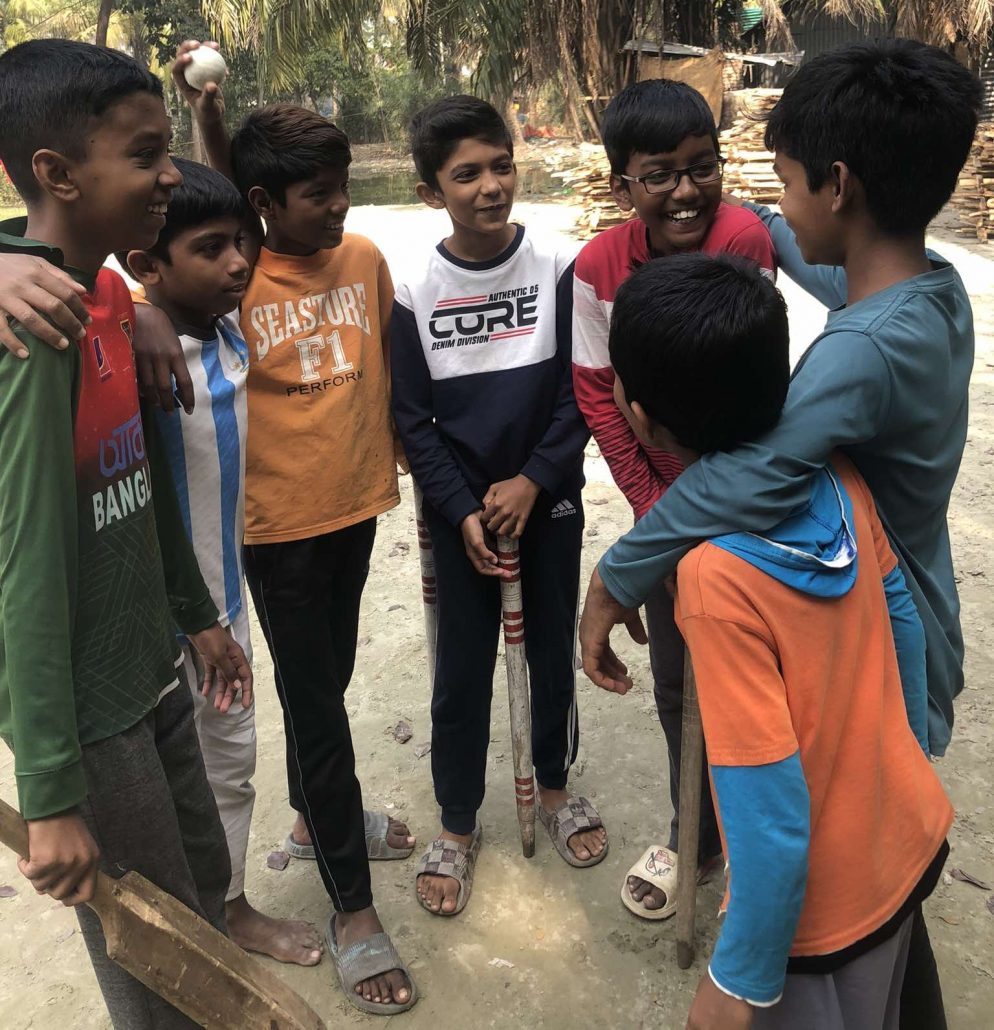
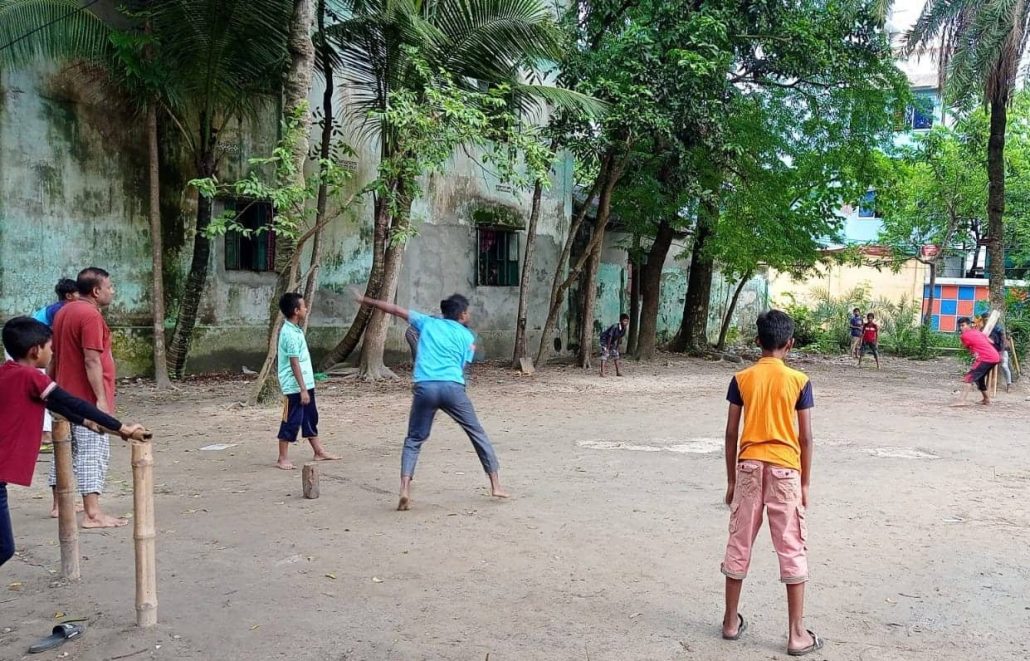
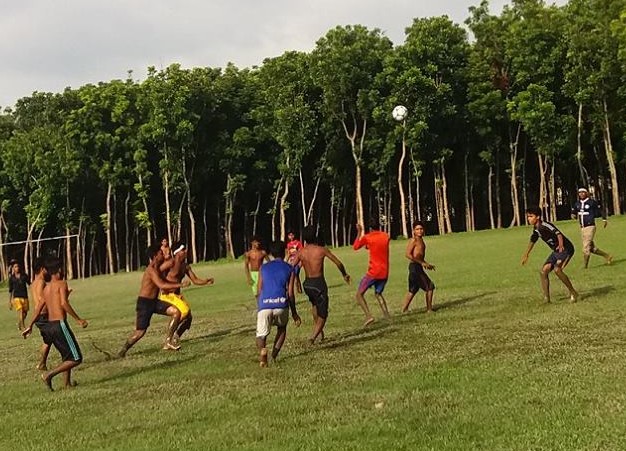
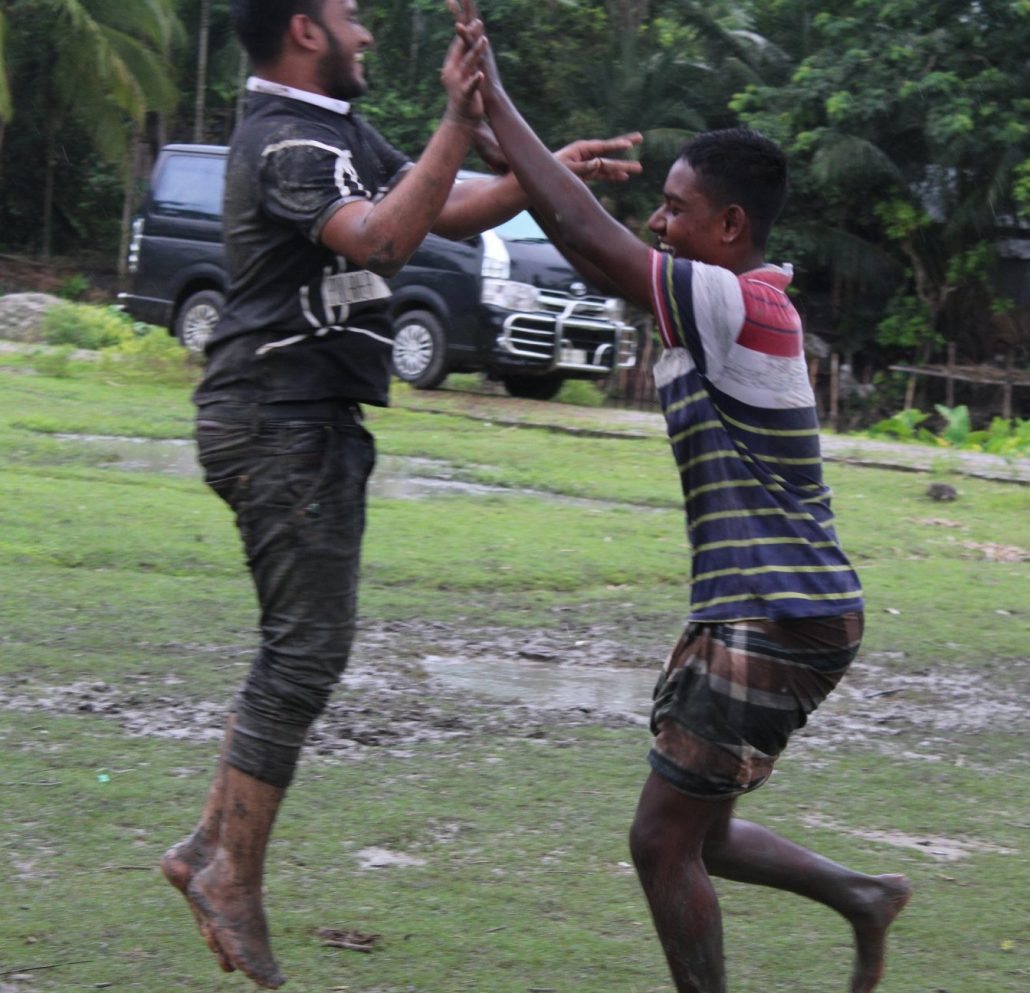
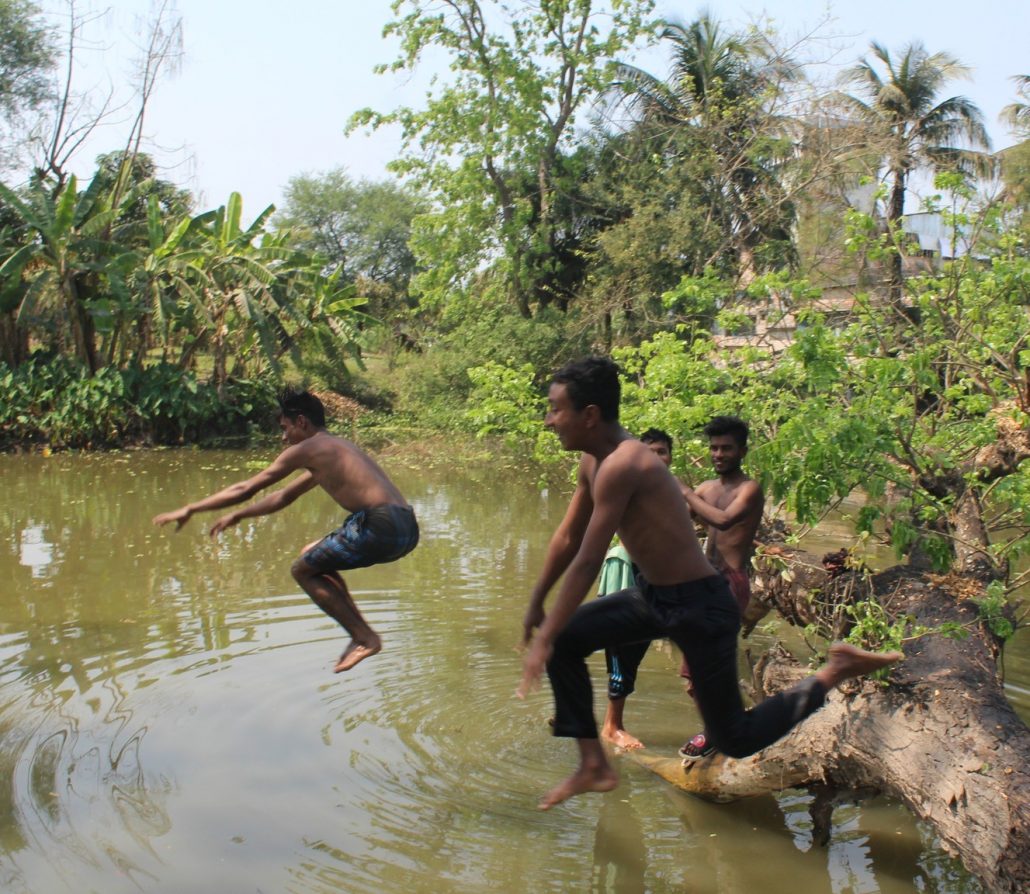
We mentor the EDS youth critically reflect and realize what they need to do to create a better life and how people impact them in positive or negative ways. Through research on how we practice our values, we learn and seek to improve the positive influence we have on ourselves and others.
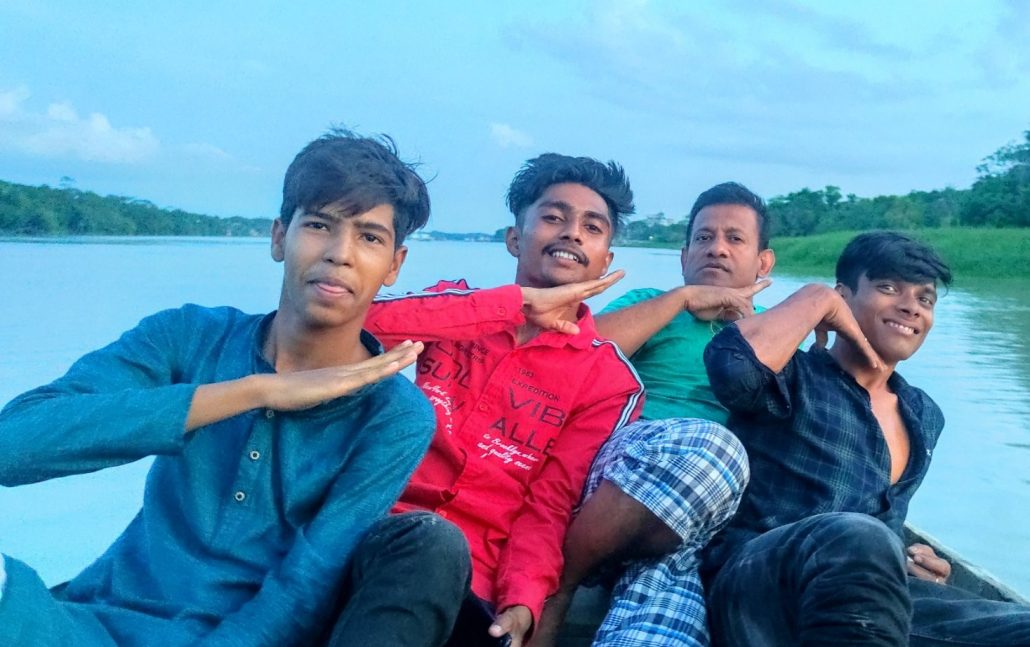
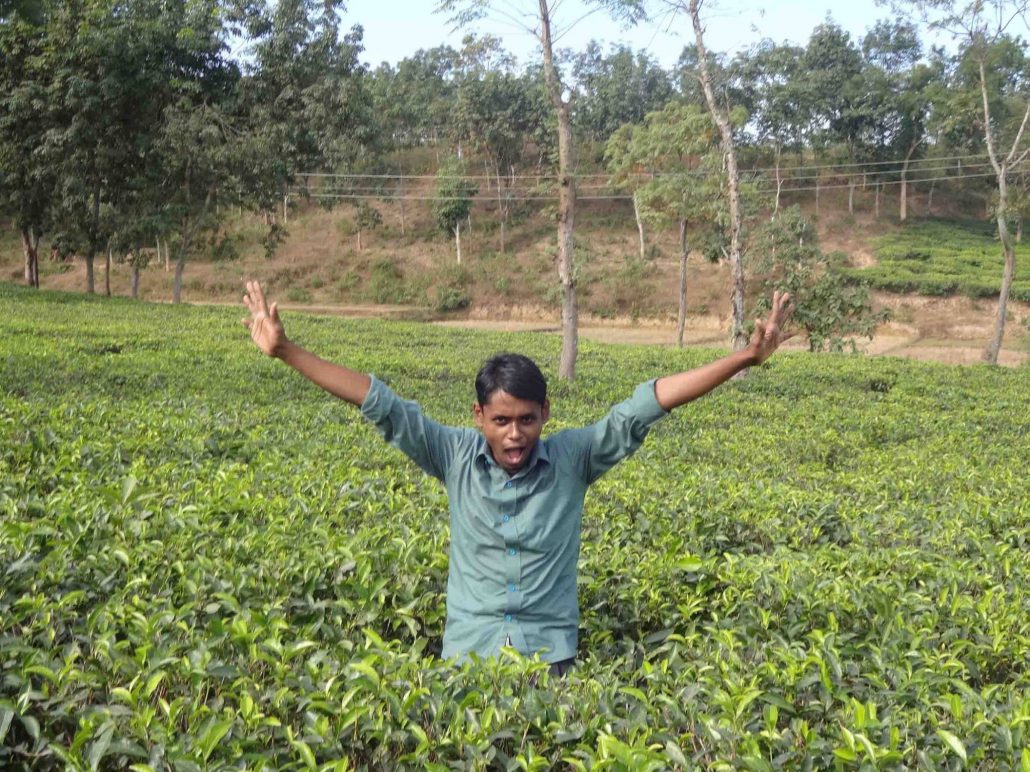
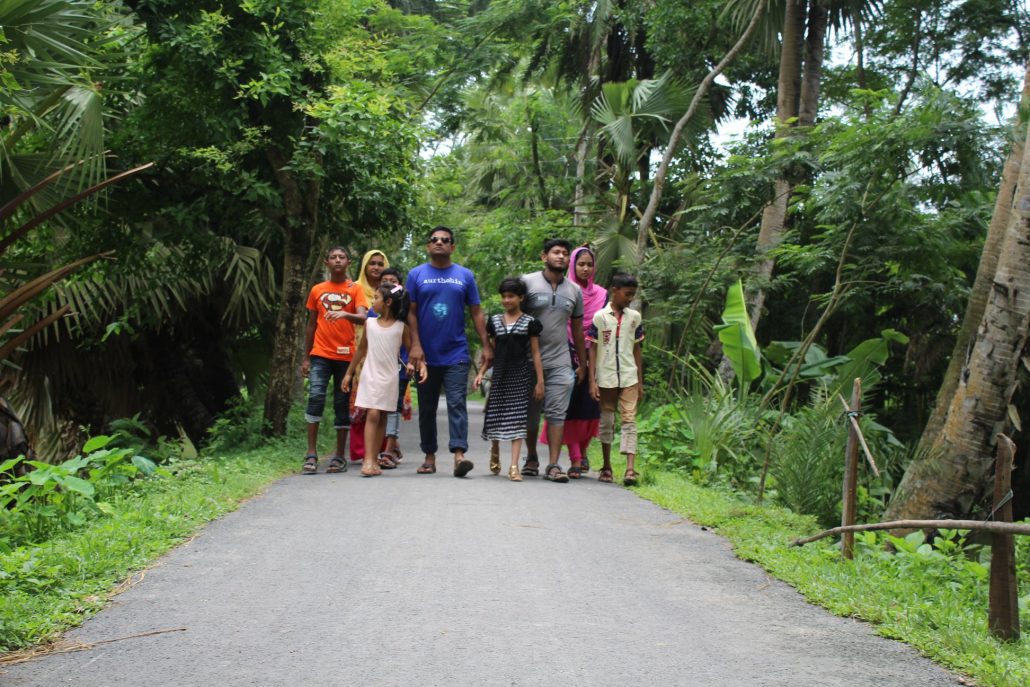
Excursions with EDS teachers and students
Results
Together, we have created a psychologically safe learning environment in EDS where children and youth tell how they appreciate to feel seen, heard and listened to, to get responsibility and learn from own experiences. They feel respected and that their opinions matter. Our youth teachers have developed bonds with their students, so they inform when they struggle and need help. Then their teacher talks with the students, and if needed with his or her family, to solve the challenge and ensure the student continues his or her education.
“I want to be in EDS because here people truly care about me. Outside EDS people promised me work, but they never kept their promise. They pretended they cared about me, but only cared whether I had the latest fashion. And they used me to their benefit. They never asked me how I was doing or about my education.” Torikul, former youth gang member and now leader of EDS Ajax branch, mentor for boys in the Shishu Palli government orphanage and assistant to develop EDS Gher branch.
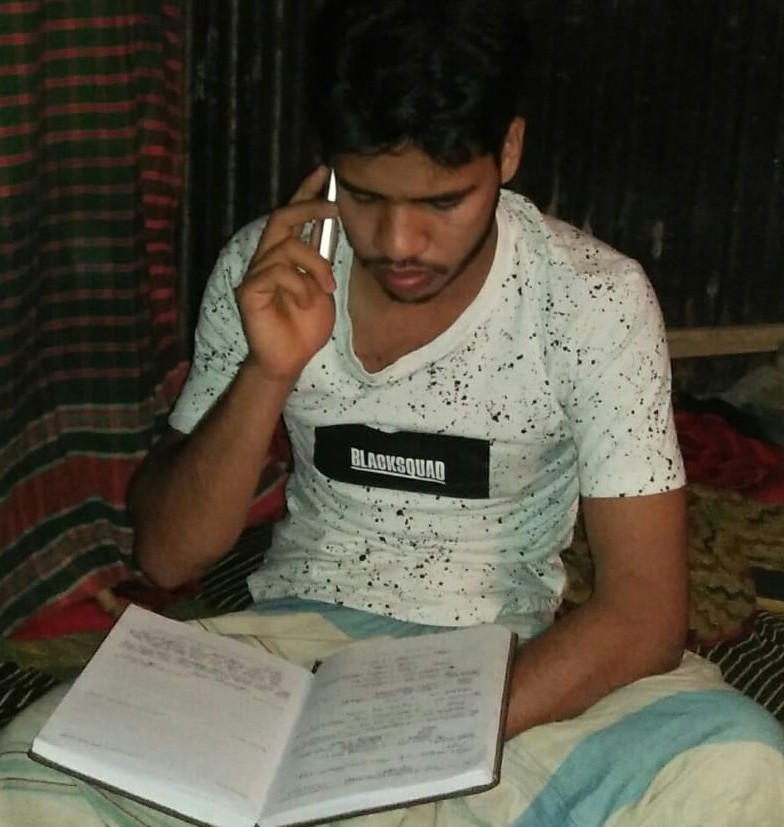
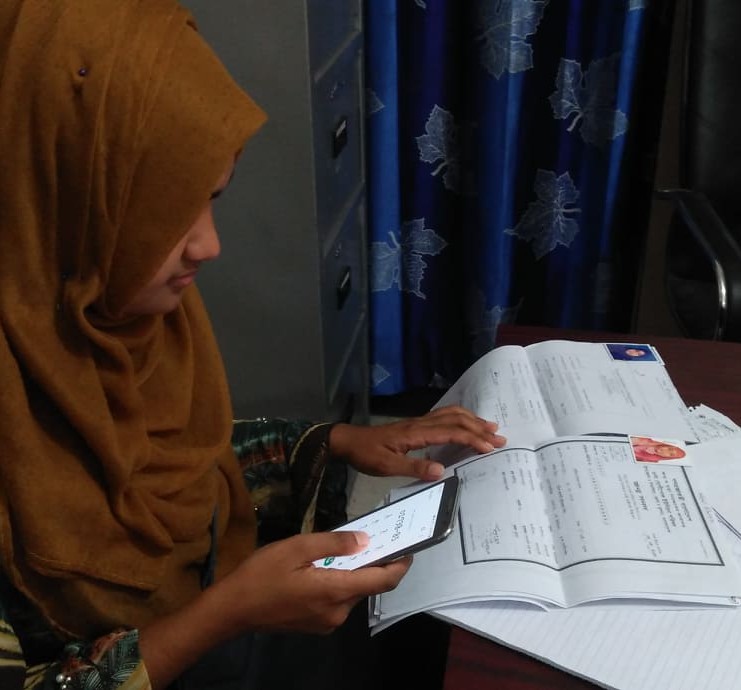
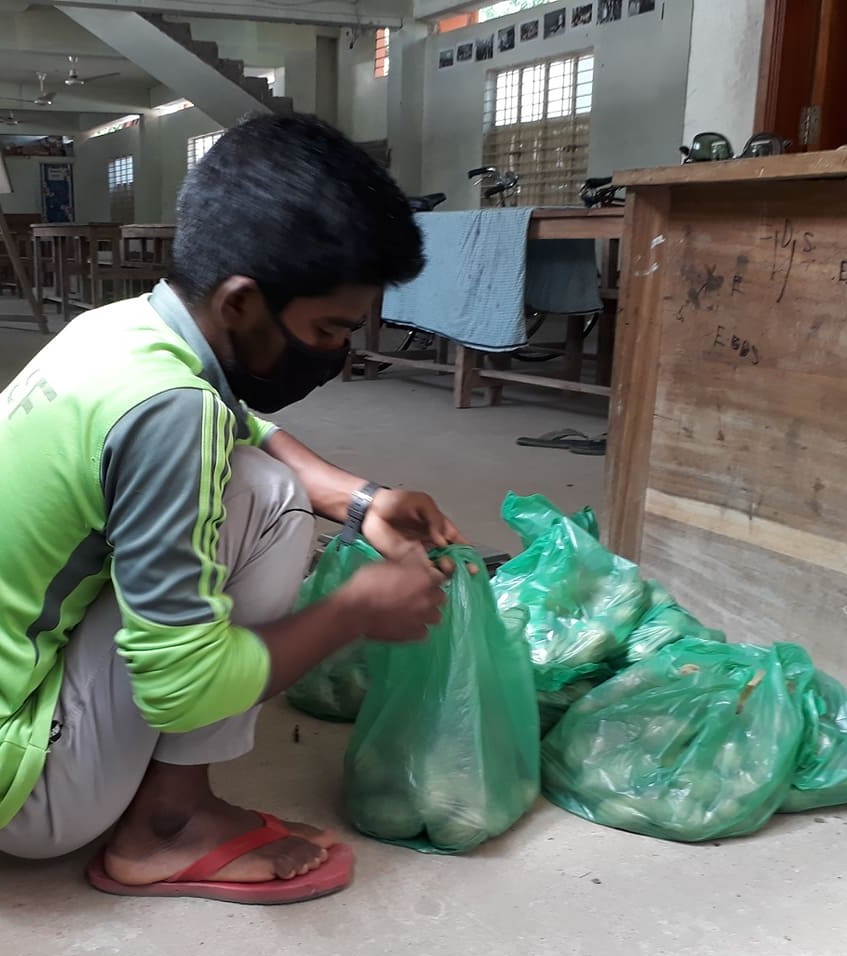
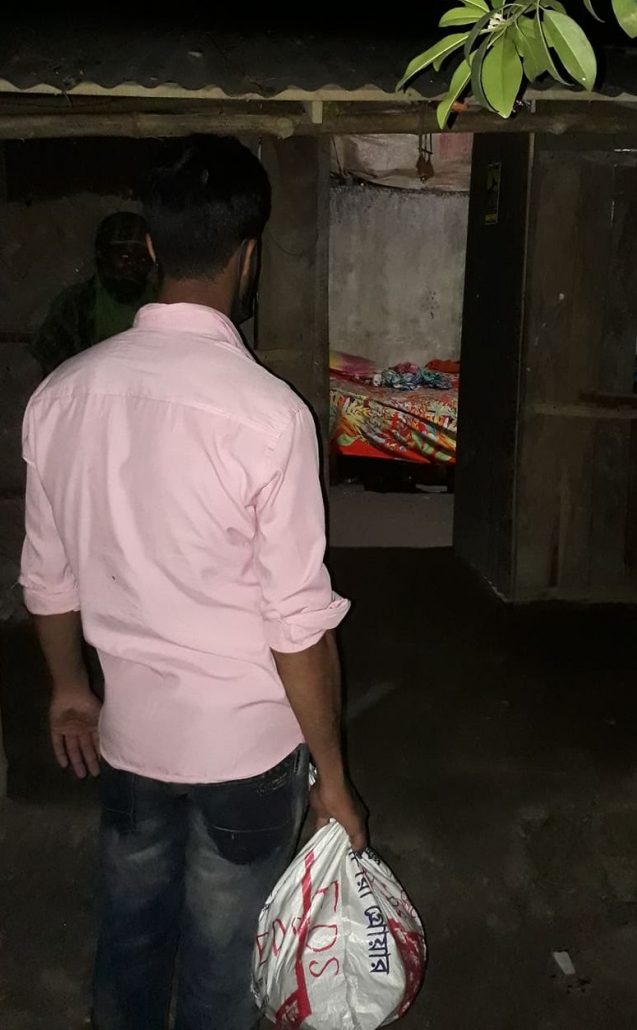
During Covid, our children and youth
- raised awareness of hygiene regulations and maintained hygiene in EDS
- delivered food to vulnerable families
- called and checked that the EDS students were well at home
They also take responsibility to clean the EDS house, including the toilets, throw litter in the dustbins and clean the area surrounding the EDS house from litter together with their students.
Report-ECP-STVAC-2018.pdf (blast.org.bd)
- Acred Foundation. (2018). Study report: Baseline study for the program ‘Stop Tolerating Violence Against Children (STVAC)’. Save the Children and BLAST. Retrieved September 21, 2021, from https://www.blast.org.bd/content/publications/Report-ECP-STVAC-2018.pdf
- Acred Foundation. (2018). Study report: Baseline study for the program ‘Stop Tolerating Violence Against Children (STVAC)’. Save the Children and BLAST. Retrieved September 21, 2021, from https://www.blast.org.bd/content/publications/Report ECP-STVAC-2018.pdf
- Akhter, S. (2018). Final Report on Children’s Play Right Situation in Dhaka City. Study Conducted for Save the Children. Retrieved August 19, 2020, from https://resourcecentre.savethechildren.net/library/final-report-childrens-play-right situation-dhaka-city
- Bangladesh Bureau of Statistics (BBS) and UNICEF Bangladesh (2019). Progotir Pathey, Bangladesh Multiple Indicator Cluster Survey 2019 (Survey Findings Report). Retrieved October 10, 2021, from https://www.unicef.org/bangladesh/media/3281/file/Bangladesh%202019%20MICS %20Report_English.pdf
- Chowdhury, R., Sarkar, M., Mojumder, F., & Roshid, M. M. (Eds.). (2018). Engaging in educational research: Revisiting policy and practice in Bangladesh. Education in the Asia-Pacific Region: Issues, Concerns and Prospects (Vol. 44). Singapore: Springer Nature Singapore. doi:10.1007/978-981-13-0708-9
- Hasnat, M. A. (2017, December 11). Corporal punishment is rooted in Bangladesh’s culture. Dhaka Tribune. Retrieved January 14, 2021, from https://www.dhakatribune.com/opinion/special/2017/12/11/corporal-punishment-bangladesh-culture
- Huda, T. (2019). Physical and Humiliating Punishment of Children in Bangladesh. Dhaka: Bangladesh Legal Aid and Services Trust (BLAST).